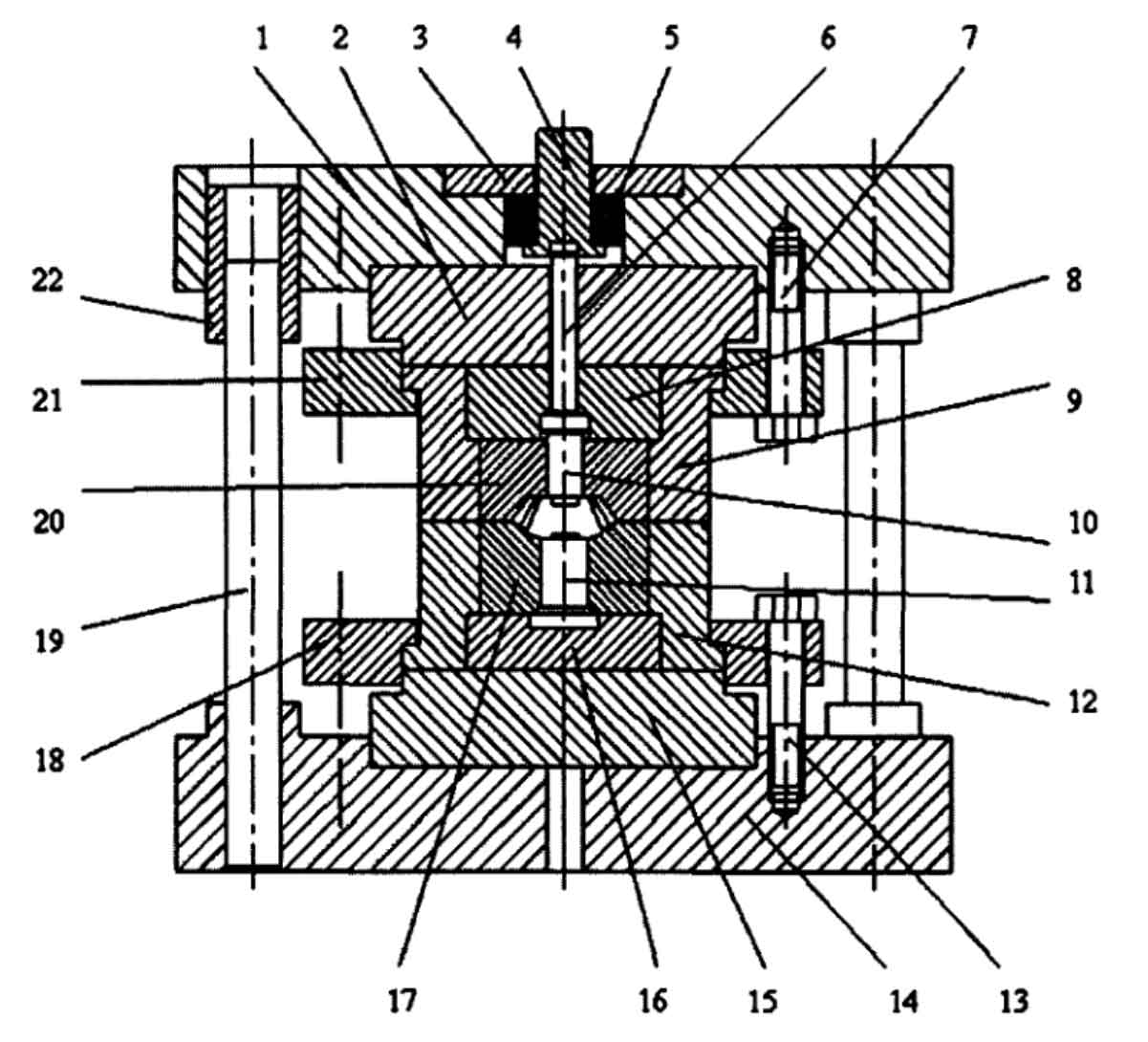Gear forging, also known as gear manufacturing by forging, is a process used in the manufacturing industry to produce high-quality gears with enhanced strength and durability. It involves shaping and forming metal materials through the application of pressure, typically with the use of a mechanical press or hammer. Gear forging offers several advantages and finds applications in various industries. Let’s explore them in more detail:

Advantages of Gear Forging:
- Strength and Durability: Forged gears are known for their exceptional strength and durability. The forging process refines the grain structure of the metal, resulting in increased mechanical properties and resistance to wear and fatigue. The gears produced through forging can withstand heavy loads, high temperatures, and harsh operating conditions.
- Material Integrity: Gear forging preserves the integrity of the base material. The metal is shaped without removing any material, maintaining the continuous grain flow and structural integrity of the part. This ensures that the gear has excellent mechanical properties and is less prone to defects or failures.
- Enhanced Mechanical Properties: The forging process imparts desirable mechanical properties to the gears, including improved toughness, impact resistance, and surface hardness. This makes forged gears suitable for demanding applications that require high torque transmission and long service life.
- Design Flexibility: Gear forging allows for intricate and complex gear designs to be produced with precision. It offers the flexibility to create gears of various shapes, sizes, and tooth profiles, tailored to specific application requirements.
- Cost Efficiency: Although gear forging may involve higher upfront tooling costs compared to other manufacturing methods, it offers long-term cost savings. The enhanced strength and durability of forged gears result in reduced maintenance, repair, and replacement costs over their operational lifespan.
Applications of Gear Forging:
- Automotive Industry: Gear forging is extensively used in the automotive industry for manufacturing gears used in transmissions, differentials, and drivetrain components. The high strength and reliability of forged gears ensure efficient power transmission and withstand the demanding conditions encountered in automobiles and heavy-duty vehicles.
- Aerospace Industry: The aerospace sector relies on gear forging to produce gears for aircraft engines, landing gear systems, and other critical components. Forged gears provide the necessary strength and durability required for reliable performance in extreme operating conditions and ensure the safety of aircraft operations.
- Heavy Machinery: Gear forging finds application in the production of gears for heavy machinery and equipment, such as construction machinery, mining equipment, and industrial machinery. These gears are subjected to heavy loads and high torque, making the superior strength of forged gears essential for reliable operation.
- Power Generation: Gear forging is utilized in the power generation industry for producing gears used in wind turbines, hydroelectric turbines, and steam turbines. These gears need to transmit high torque and operate under varying loads, making forged gears an ideal choice for such applications.
- Oil and Gas Industry: The oil and gas sector employs gear forging to manufacture gears used in drilling equipment, pumps, compressors, and other machinery. These gears must withstand harsh environments, high pressures, and heavy loads, and forging ensures their reliability and longevity.
In summary, gear forging offers several advantages, including strength, durability, material integrity, enhanced mechanical properties, design flexibility, and cost efficiency. Its applications span various industries that require reliable, high-performance gears for critical applications.
